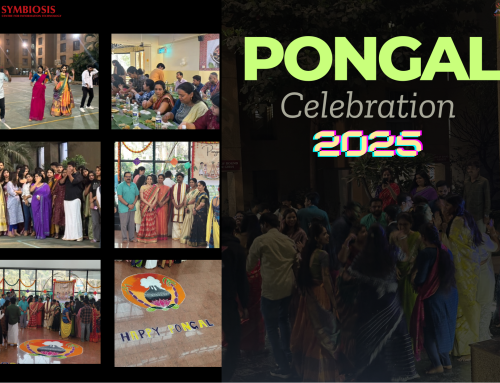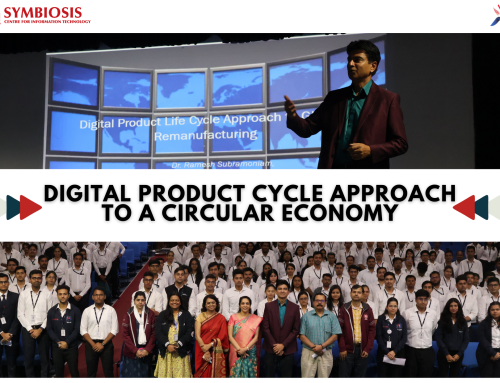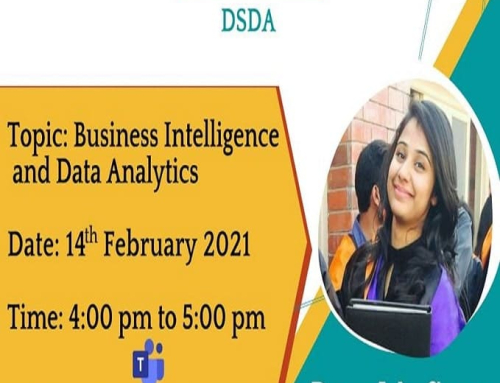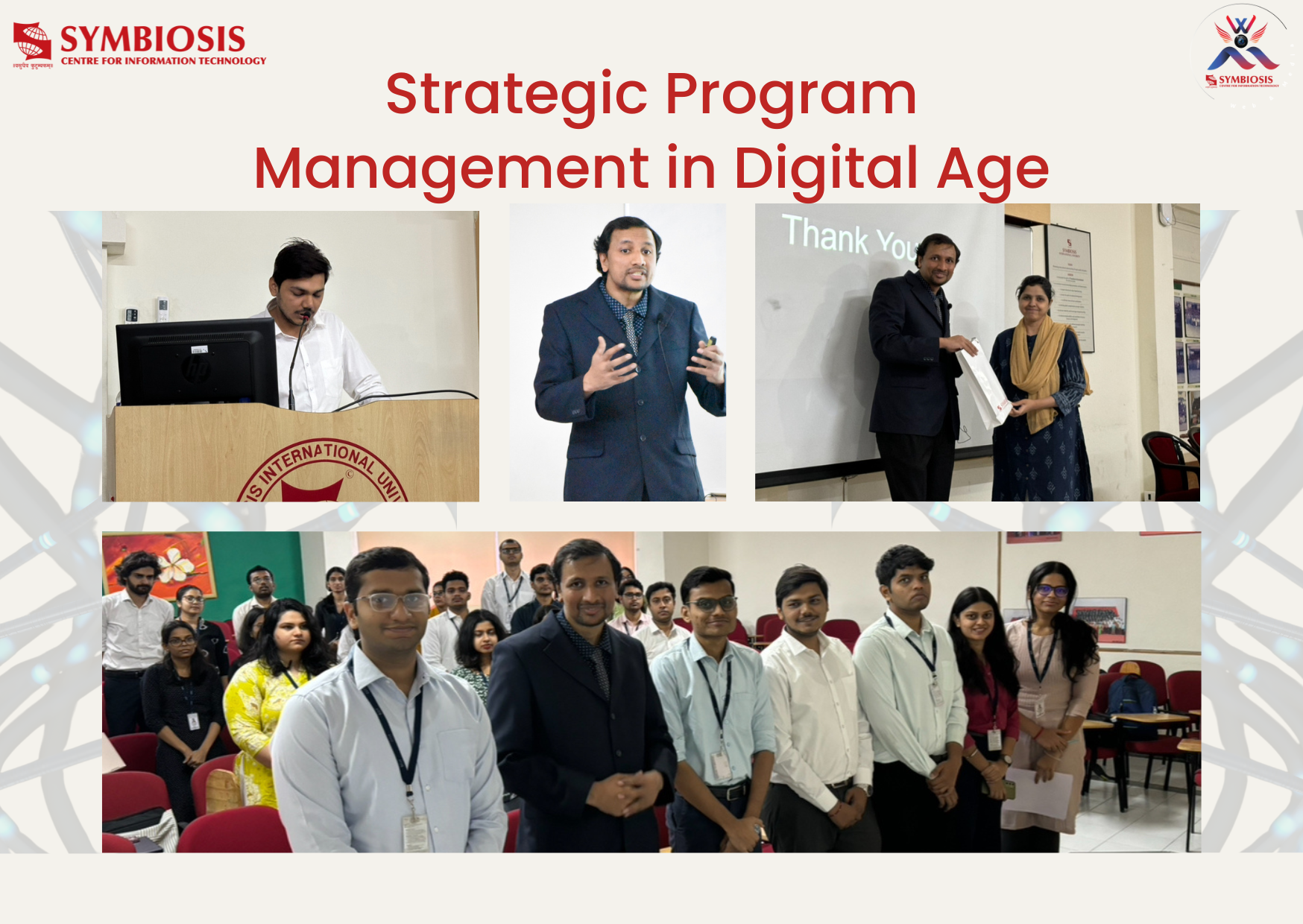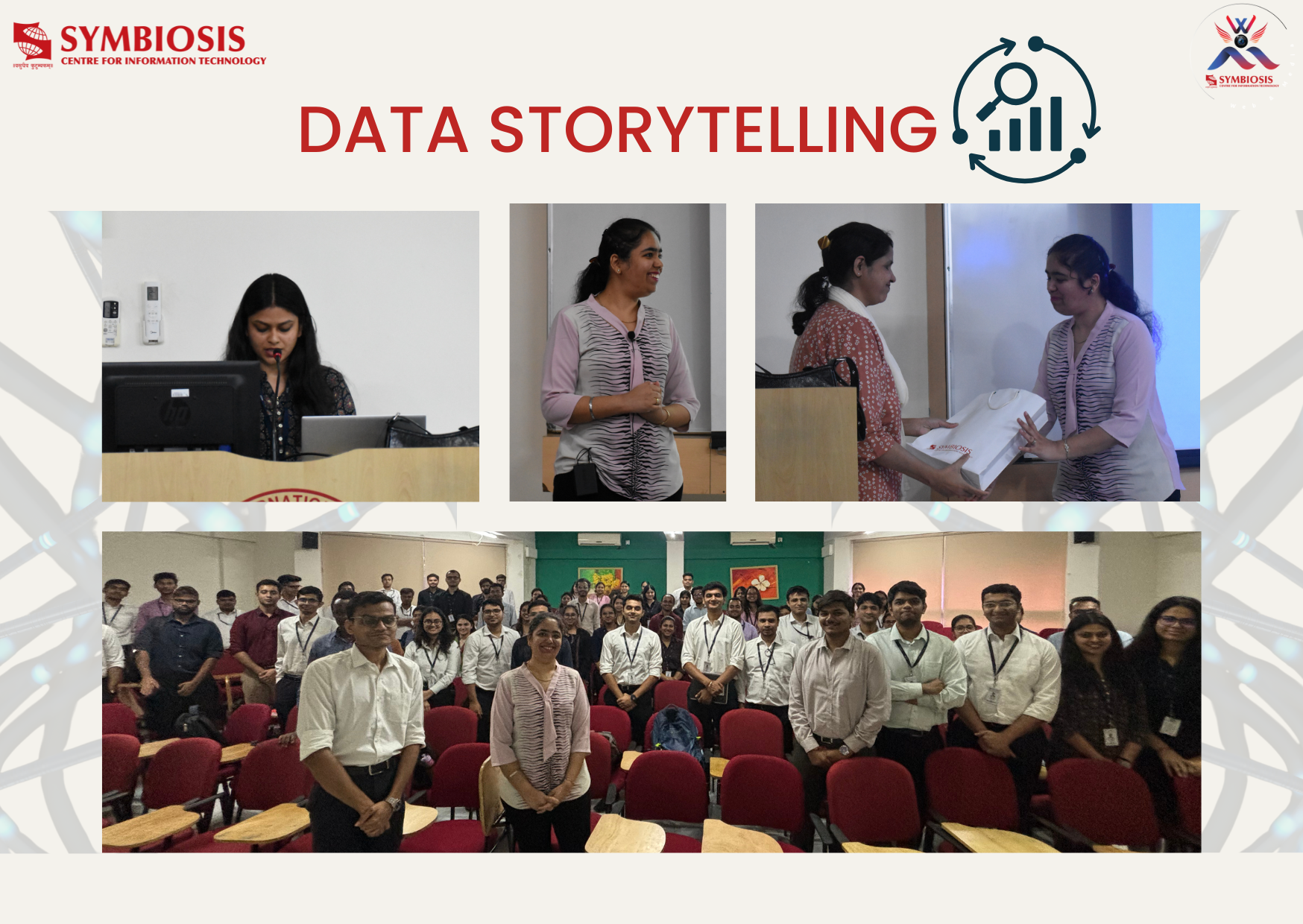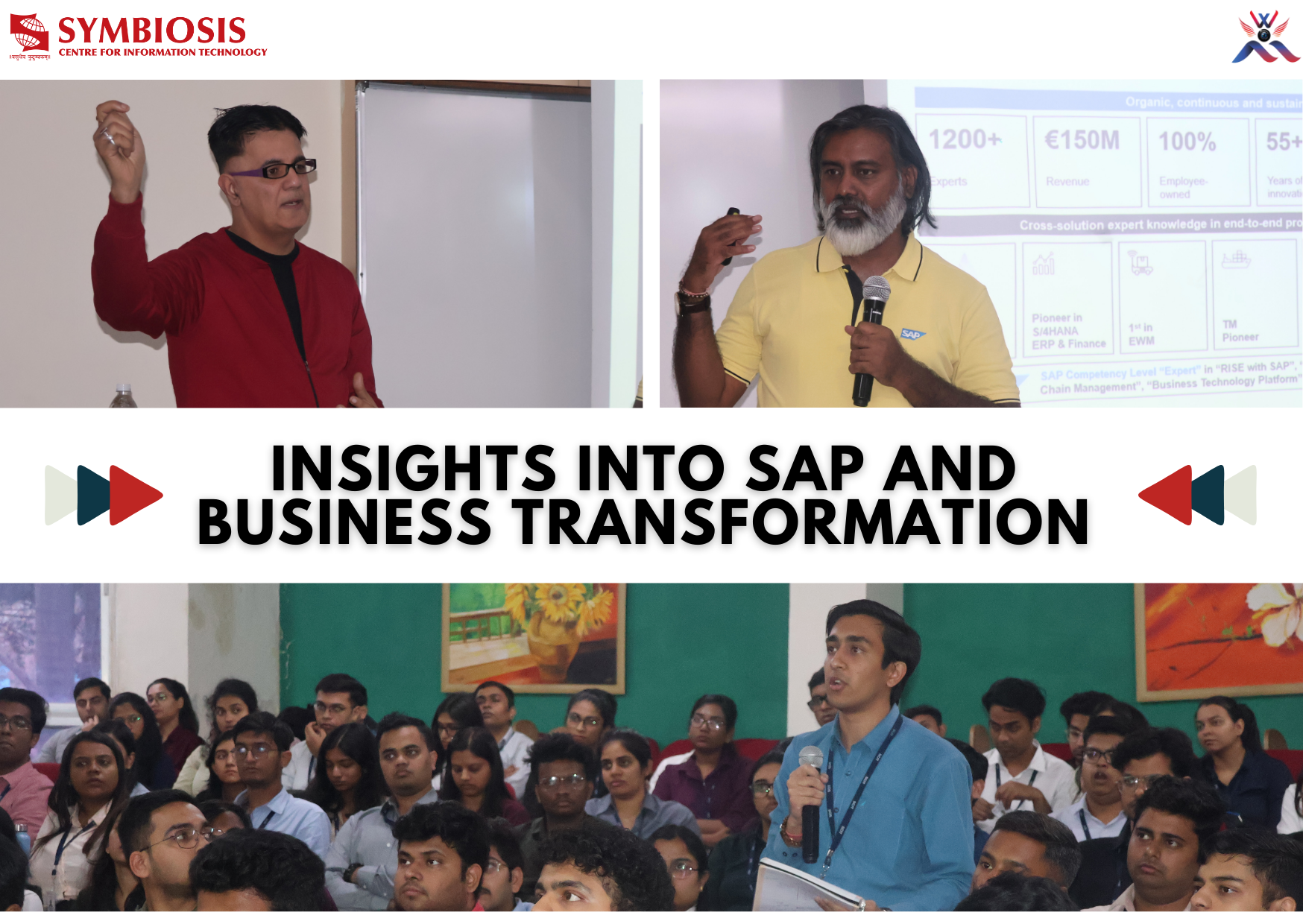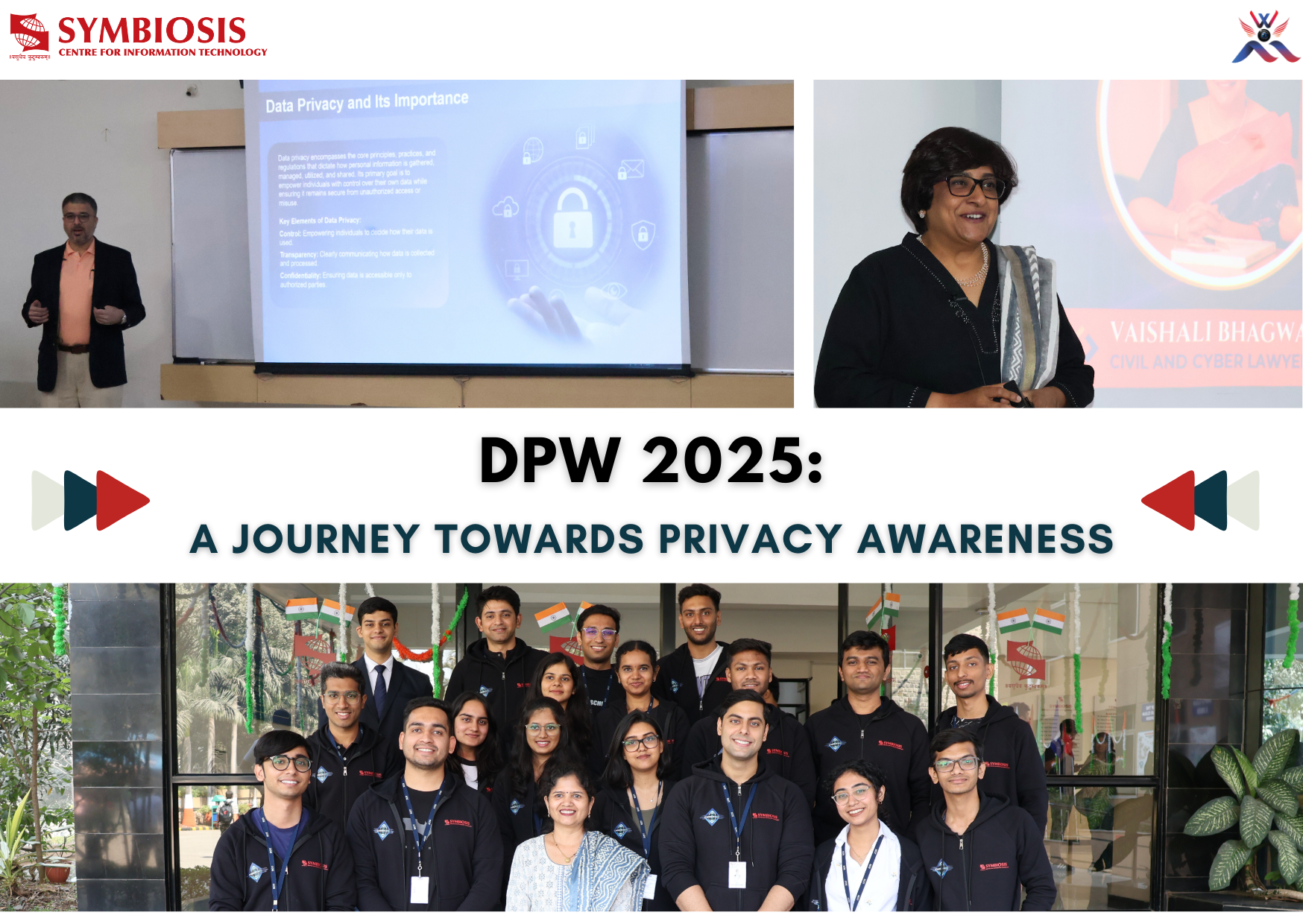SNAP Quantitative Aptitude Test


Various websites like TESTFUNDA provide vast variety of test papers that help MBA aspirants to prepare for tests including SNAP, CAT, NMAT, etc. The syllabus for quantitative aptitude contains logical aptitude problems. This segment includes: Data sufficiency, Measurement, Time and distance, Arithmetic and Relationship between numbers, Basic mathematical relations and formulae, Computation and Data interpretation. Other things included in the SNAP aptitude syllabus are Geometry, Ratio and Proportion, Percentages, Trigonometry, etc. The nature of questions in the exam varies from easy to moderate. The exam is a test of speed and accuracy, and the challenge of solving 150 questions in 120 minutes generally places students under a lot of stress. It is important to understand the SNAP exam pattern first, followed by exam preparation.
Maximum marks allotted to the Quantitative section in SNAP test are 40. There are 3 other sections in SNAP test syllabus; namely, Logical Reasoning, Verbal Ability, and General Knowledge. The Logical Reasoning section contains the maximum weightage, i.e., 60 marks.
As far as the preparation is concerned, there is no real substitute for hard work. Since time is of the essence in the SNAP test, most of the calculations need to be done mentally, that can only be achieved through practice. Increase your speed and accuracy by solving as many sample papers and taking as many mock tests as possible and observe the time taken to solve each question. My advice is to go through the SNAP syllabus for aptitude test, figure out your strengths, and plan accordingly.
Vinay Hira
Web and Media Committee (2014-16)

